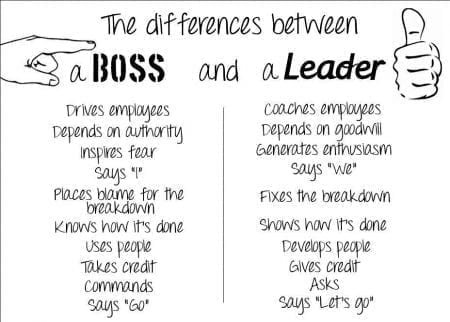There is a Greek tale in “The Republic”, written by Plato, in which a question is posed in front of the leaders of the city; “If the most distinguished citizens were able to get their hands on a magic ring that made them invisible, what do you think they would do? Steal? Cheat? Kill? Or do you think they would still do right even though no one could really see their actions?”
Plato (the Greek philosopher) enjoyed asking random questions to people from all walks of life to assess their answers and reactions. He was searching for the ultimate truth as well as to understand why his city had started to decay. I am posting the same question as a mechanism to reflect on how people in charge manage their teams and invite you to reflect on this hypothetical question.
Those who think the invisible ring would allow the worst of good people to come out pretty much think that men are corrupt and lazy by nature and that the only way to keep them in order is through the fear of punishment (where someone would always need to be watching). Those who think that good people will choose to do good believe that decent individuals will try to do the right thing even if no one is watching.
We all have an opinion about this and it’s fun to discuss it with others because you will clearly fit polarity in opinions. The business world has also formed two schools of thought on the administrative policy of an organization. Some or most are full of rules, and a few others are not. In reality, both can give excellent results in the short and long term if implemented well but only the organizations that empower and trust their employees will keep them longer and be prepared to endure changes in their industry. Just like well-built structures can endure hurricanes or earthquakes. People are probably the most important foundations of any organization.
Leaders should nourish positivism and creativity within their teams. They must create the right environment for people to function in the way they are expected to function. If we create an environment based on fear, people will take no risks. If it is based only on criticism, they will lack self-confidence. But if we develop an environment where there is trust, then we can offer good employees the freedom to be their best.
Trust is the foundation of any relationship. Trust is cultivated when people can enjoy certain liberties (to make decisions, take risks, and express their opinions). Trust, curiously enough, inherently demands non-explicit obligations from each other; to tell the truth, be responsible for our actions and learn from mistakes. No organization can be fully productive when guided only by rules or only by chaos, but shouldn’t an environment of freedom and trust bring the best our of good individuals? Or do even good individuals always choose their own selfish benefit if no one is watching? This is Plato’s question applied to the business world. Ultimately, is it better to be a boss or is it better to be a leader?
In my opinion, leaders have the power to influence people, and therefore somehow impact their performance. If we are committed to creating an environment where trust, optimism, fun, and self-improvement are part of the shared values, then we will enjoy a loyal team that will deliver good results. The caveat is that only good people should be added or included on the team and this selection process is probably the hardest thing to do as a leader.





